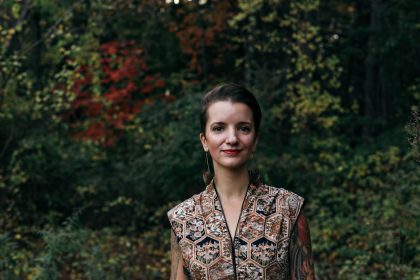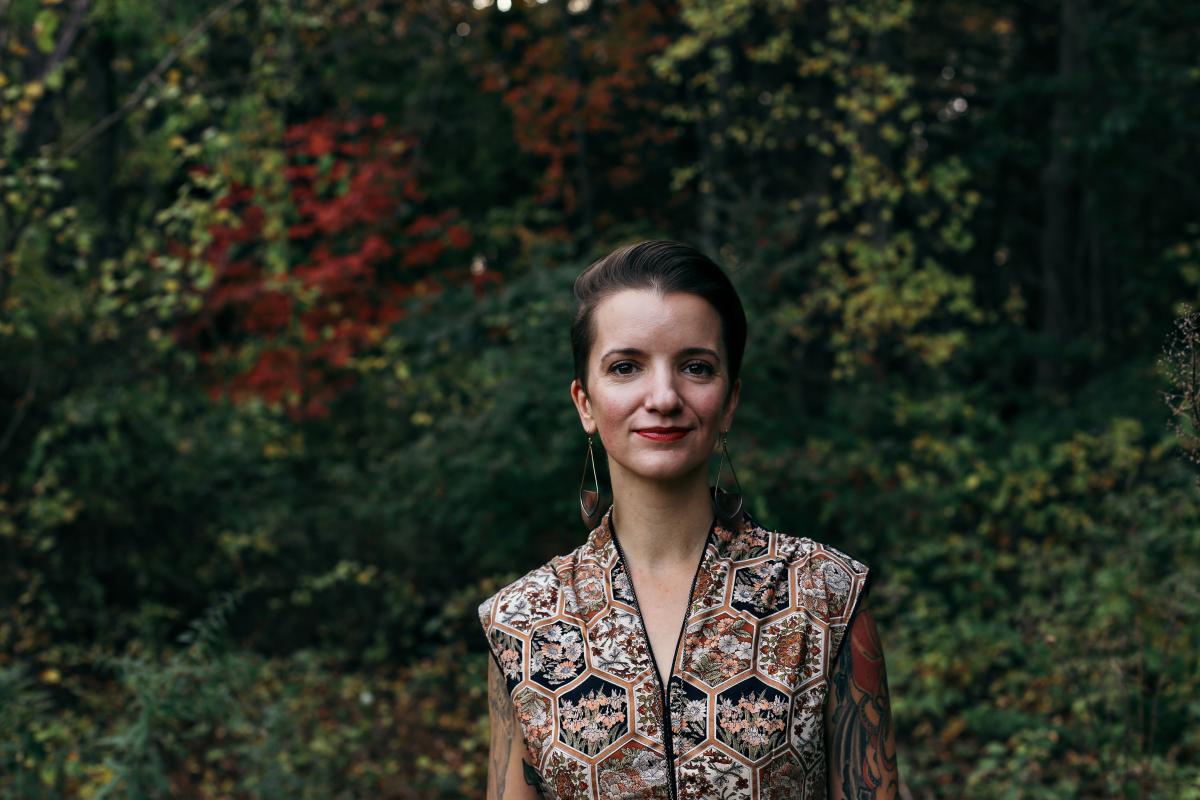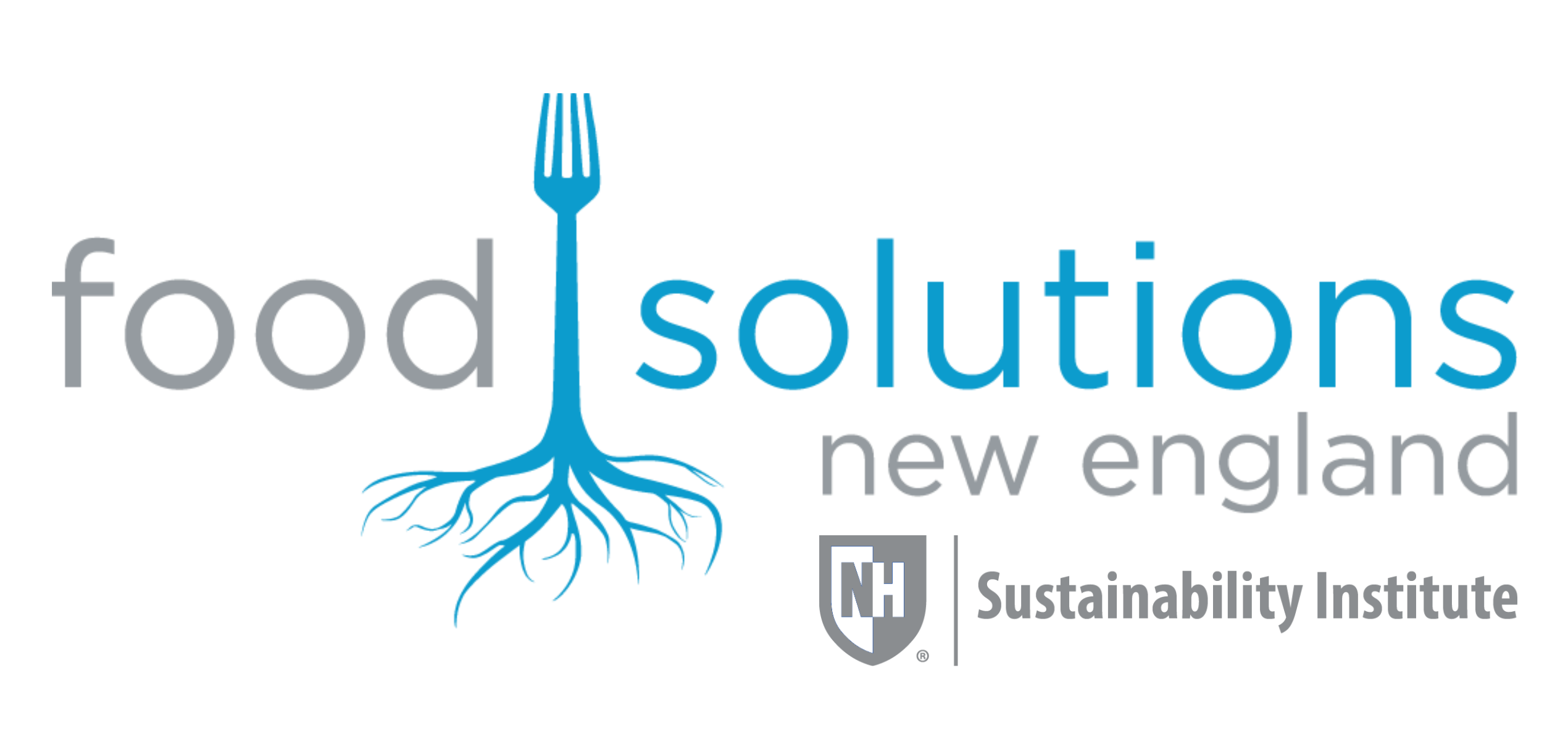
“As white people we need to make a choice about how we’re going to be white in this world. We can be part of continuing white supremacy or we can be part of dismantling it.” -Jardana Peacock
Access to land and food are human rights. In United States history, the connection between food apartheid and land access is clear, and we can trace racial injustice historically by analyzing present day access to both land and the healthy food that grows from it. Historical racial injustices in the food system have lead to poverty, joblessness, lack of access to land and other forms of capital, as well as loss of traditional food ways and practices. These realities contribute to the conditions of racial inequity in the food system.
What I’ve internalized in my work within the food system, is that food – this great cultural equalizer and tool for communication – is routinely used as a tool for oppression. Who has dignified access to a consistently abundant, healthy, culturally appropriate diet is systematically controlled by the oppressor.
As a white, raised working class queer-identifying individual it has taken disentangling trauma, and diving into transformative personal work to evaluate my roles as both oppressor and oppressed. Much of my own work was rooted in understanding class oppression, differentiating class vs. racial oppression, and coming to the realization that amongst many advantages, my white privilege has allowed me to pass through and experience measurable success in both the education and career development due to the color of my skin.
Holding both my identity and my privilege I reflect upon my role in racial justice work, and where my skills can be leveraged to move forward a racially equitable food system.
-
How does the resource base I’ve built extend to support community need?
-
How can I grow deeper relationships with a wide spectrum of both change makers and gate keepers in order to co-develop a theory of change that is sustainable?
-
How can I continue to build those relationships despite challenges and setbacks?
-
Who do I call upon for support? Who do I support? With what resources?
In an effort to address the intersection of my skill set, resource and passion, I’ve teamed up with my colleague and friend Kent Alexander to address the need for people of color (POC) leadership in nonprofits, and co-lead trainings for organizations grappling with these same questions.
My role here is to call in white peers and collectively shape white accountability. In this work I can encourage people to dig into how to develop equitable organizational systems, what reparations look like on both a personal and systems level, and brainstorm with passionate change-makers to imagine new, more racially equitable systems. It is also my role to model “getting comfortable” with conflict and discomfort, and own the reality that I don’t know all the answers. In this work I use the skills I’ve acquired across my professional career in nonprofits. Because of my white privilege, understanding of implicit bias and the realities of intent vs. impact in the nonprofit landscape and in social justice circles, I can challenge individuals and organizations to create accountability systems for addressing privilege and resource disparity. We can then, collectively, begin to transform the white heteronormative patriarchal models of organizing and “change making.”
 Angela Röell is an innovative program designer and evaluator with passions for food justice and community empowerment, they consult with nonprofits and organizations on how to use ecological systems thinking to further justice and equity within organizations. They own Yard Birds Farm & Apiary, a homestead and honey business in Montague, MA. Angela teaches in sustainable food systems at the University of Massachusetts and the Franklin County House of Corrections.
Angela Röell is an innovative program designer and evaluator with passions for food justice and community empowerment, they consult with nonprofits and organizations on how to use ecological systems thinking to further justice and equity within organizations. They own Yard Birds Farm & Apiary, a homestead and honey business in Montague, MA. Angela teaches in sustainable food systems at the University of Massachusetts and the Franklin County House of Corrections.




